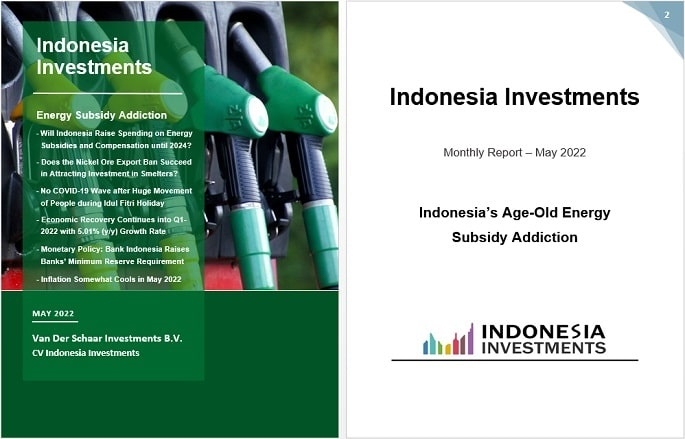Indonesia’s Age-Old Energy Subsidy Dilemma; Government Adds USD $20 Billion to 2022 Budget
Indonesia #Indonesia

Moreover, the poverty threshold set by Indonesia is typically a low one (slightly over USD $1.00 per day), which is much lower than the threshold used by the World Bank (at USD $1.90 per day). In other words, if we would use the World Bank’s threshold on Indonesia, then we would see a significant increase in the country’s poverty rates. And so, poverty is in fact a bigger problem in Indonesia than the official government data show. With that in mind, even mild inflationary pressures can push millions of Indonesians into full-blown poverty. Therefore, state assistance in the form of cheap energy (amid rising inflation) indeed helps to safeguard people’s purchasing power.
On the other hand, various international organizations have repeatedly expressed criticism on Indonesia’s energy subsidy policies over the past couple of decades, for a number of reasons:
These energy subsidies have also become political tools. We have often seen that the Indonesian government becomes more generous in terms of energy subsidies ahead of general elections. Meanwhile, cutting the energy subsidies is bound to be met with protests on the streets (encouraged by political opponents of the ruling parties).
Meanwhile, the points above involve price cuts for the end-user. But there are also production subsidies in the form of fiscal incentives or the cost recovery scheme.
[…]
This is only the introduction of the article. In case you want to read the full article you can order our May 2022 report (an electronic report) by sending an email to info@indonesia-investments.com or a message to +62.882.9875.1125 (including WhatsApp).
Take a glance inside the report here!
Price of this report:
Rp 150,000USD $10,-EUR €10,-

‹ Back to Today’s Headlines
Please sign in or subscribe to comment on this column